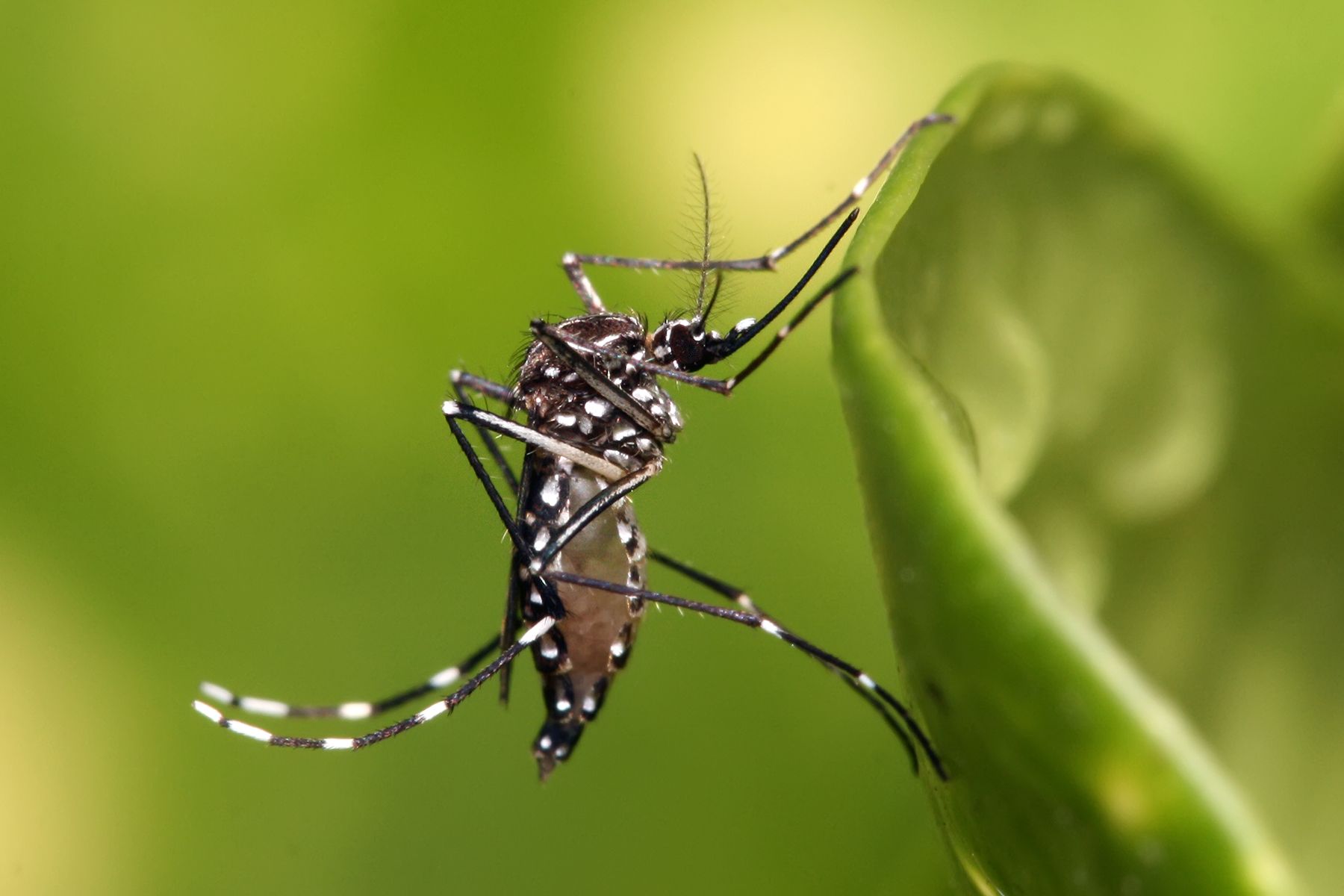Symptoms range from dengue fever from mild to severe. Severe symptoms can indicate dengue shock syndrome (DSS) and dengue hemorrhagic fever (DHF). These require urgent medical attention.
Symptoms
Symptoms of dengue fever will depend on the severity of the disease. Around 75% of people with dengue fever will not experience symptoms. If symptoms occur, there may be a sudden fever of around 104°F (40°C) with one or more of the following:
● aching muscles and joints
● rash
● pain behind the eyes
● nausea and vomiting
● facial flushing
● sore throat
● headache
● red eyes
The symptoms typically last between 2–7 days, and most people feel better after one week. The fever may spike, go away for 24 hours, then spike again.
Severe symptoms
Between 0.5% and 5% of cases of dengue fever become severe. If this happens, it can be life-threatening. First, the fever typically falls to 99.5 to 100.4°F (37.5 to 38°C). Severe symptoms may then appear 24–48 hours later, or around 3–7 days after the person starts to feel unwell.
They include:
● abdominal pain or tenderness
● vomiting at least three times in 24 hours
● bleeding from the nose or gums
● vomiting blood ● blood in the stool
● fatigue
● feeling restless or irritable
● changes in temperature
● Trusted Source
● from very hot to very cold
● cold, clammy skin
● a weak and rapid pulse
● a reduced difference between systolic and diastolic blood pressure Anyone with severe symptoms needs immediate medical attention. Severe signs and symptoms can indicate DSS or DHF. They are potentially fatal.
Causes
Four viruses can cause dengue fever. They are all transmitted either by the Aedes aegypti mosquito or, more rarely, the Aedes albopictus mosquito. These species of mosquitoes live in tropical and subtropical areas around the world, including parts of the U.S. Rates of infection have grown in recent decades, especially in urban areas. A mosquito carrying the virus passes it to a human by biting them. When another mosquito bites a person with the condition, it will pick up the condition. Then the mosquito will pass the virus on to the next person it bites. A person can have dengue fever more than once. They will become immune to the specific virus that caused it, though they will not be immune to the other three viruses.






